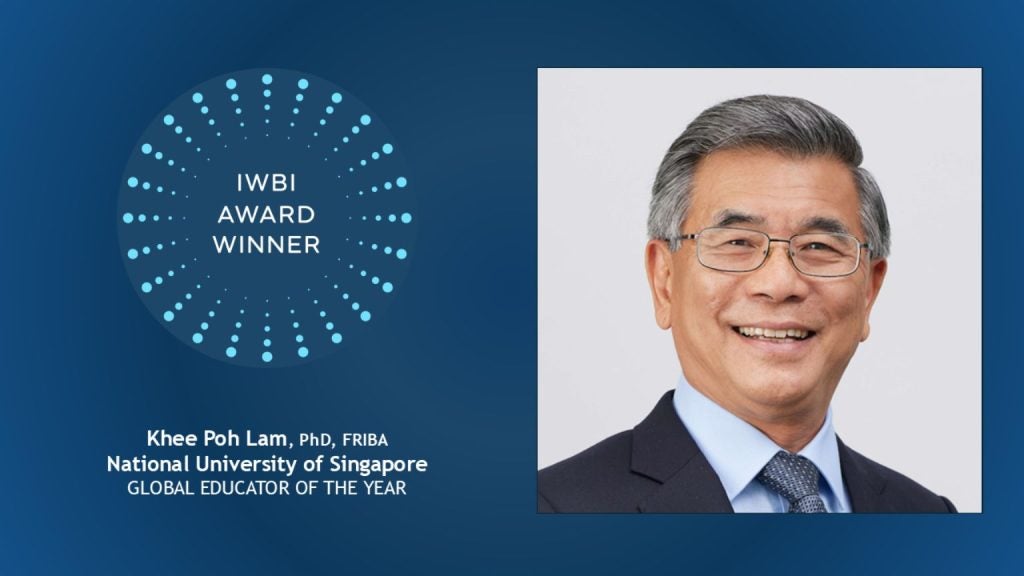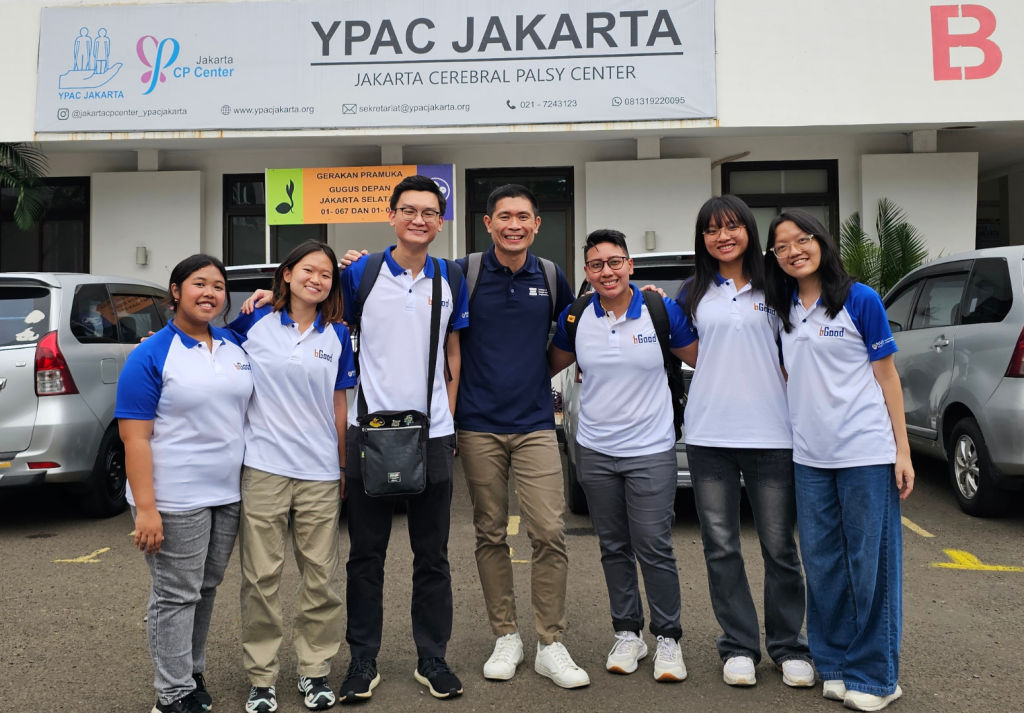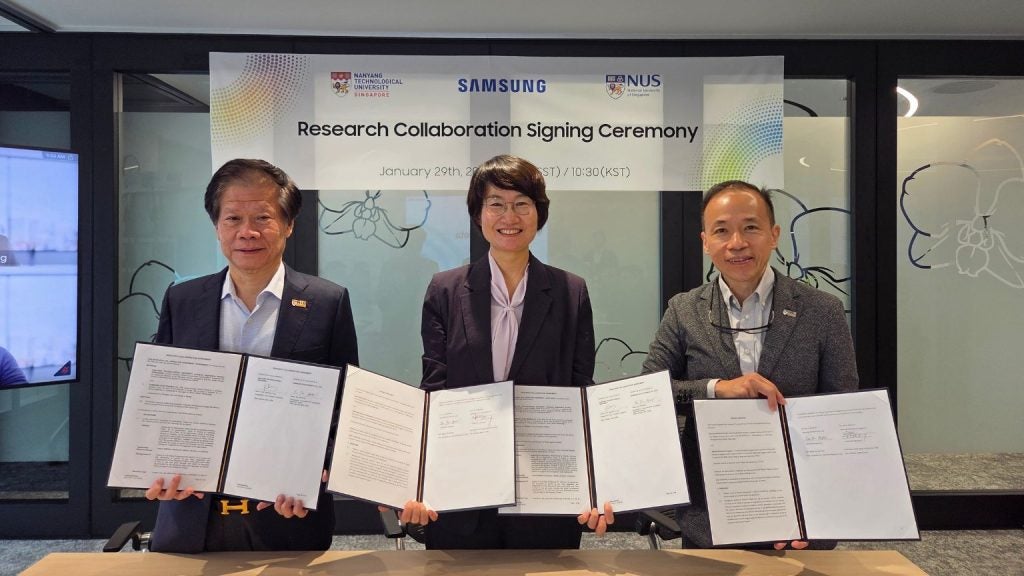
Two CDE undergraduates, Srinivasan Udhaya (Year 2 Biomedical Engineering) and Zhang Jiezhi (Year 4 Mechanical Engineering) joined an exclusive bioinspired engineering research expedition to analyse the flight trajectories and biosonar capabilities of native bats in the dense rainforests of Brunei. This was to develop more agile autonomous flying vehicles – or batbots!
The students found out about this opportunity through an email blast from the CDE Dean’s Office. Specially for Mechanical, Electrical and Biomedical Engineering undergraduates, this international research experience was in partnership with CDE and the University of Brunei Darussalam – Virginia Tech (UBD-VT) International Laboratory.
From May to August 2023, together with students from VT, UBD, and the Korean Advanced Institute of Science and Technology (KAIST), Udhaya and Jiezhi assisted biologists in the ethical capture of bats of the Hipposideros cervinus and Rhinolophus trifoliatus species within custom mesh-made flight tunnels to collect bat sound samples. The students’ collective expertise spanned a diverse spectrum of disciplines, ranging from biological science to aerospace engineering. They were led by Professor Rolf Mueller and his dedicated team of biologists and engineers from the UBD-VT Lab, which boasts state-of-the-art testing facilities. The students were also supported by their respective departments and the CDE Dean’s Office.
At the UBD-VT Lab, the students were privy to the entire research process. They worked with cutting-edge high-speed camera equipment and ultrasonic microphones to capture the flight manoeuvres and calls of bats with microsecond precision. Robotics engineers then used their findings to develop autonomous robots that mimic the biosonar and flight trajectories of the bats.
Udhaya believes that she was given the unique opportunity to both cherish the pristine beauty of nature and apply theoretical knowledge to practical, real-world challenges.
She shares, “Beyond the immersive experience, I found ample opportunities to apply the knowledge acquired through my courses at BME. Proficiency in MATLAB proved particularly invaluable for signal processing — enabling the analysis, preprocessing, and extraction of features from sampled signals. Skills such as modelling in CAD and SolidWorks came in handy for visualisation of the design improvements we made for the tunnel and our batbot.”
Udhaya continues, “Personally, working with such a diverse team in an unfamiliar country was truly an eye-opening experience that taught me how to be resourceful.” With the nearest hardware store being a two-hour drive away (and delivery was not an option!), the students faced a multitude of logistical challenges. As such, the students had to ingeniously resolve any problems with their flight tunnels and cameras.
For Jiezhi, who helped construct the flight tunnel, the interdisciplinary collaboration between the students and researchers fostered a dynamic exchange of ideas and nurtured a sense of camaraderie.
He says, “Beyond the technical aspects, the cultural exchange and interactions with fellow researchers have been invaluable. Immersing myself in the academic community at UBD has not only expanded my academic horizons but has also enriched my global perspective. This international research experience has been a pivotal chapter in my academic journey, shaping not only my understanding of the subject matter but also fostering skills crucial for future research endeavors.”
During their stay in Brunei, the students also climbed to the top of the canopy walk at Ulu Temburong National Park to catch the sunrise. Along the way, they cruised through the river on a fun but bumpy boat ride.
Udhaya and Jiezhi share their gratitude for the support and guidance they received from the UBD-VT community and look forward to applying the knowledge they have gained through this experience in their academic and professional pursuits.









